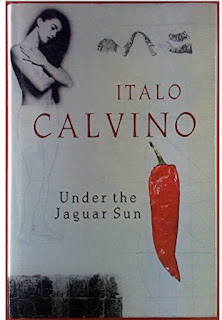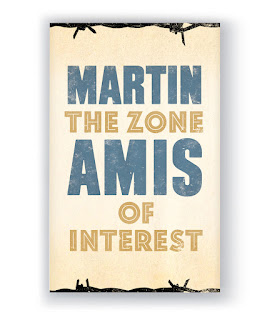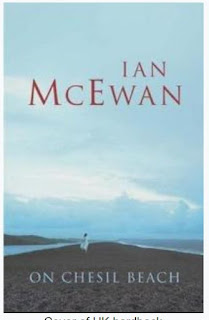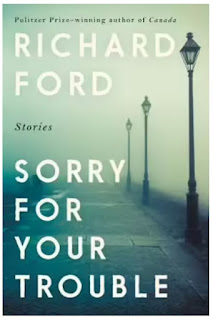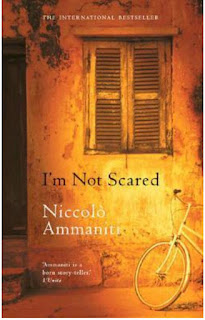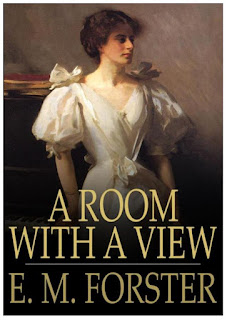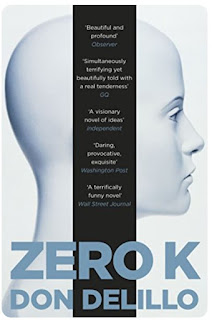Disgrace
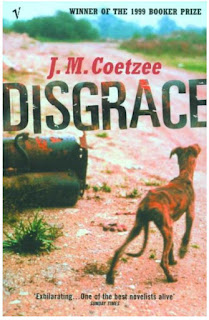
I have had ' Disgrace' on my shelf for a while now, and at last, I felt ready to engage with it. Coetzee is a much-revered writer, so the fault is all mine – the only other Coetzee novel I have read is the experimental ' Diary of a Bad Year' (2007). ' Bad Year' involves a 72-year-old South African writer who falls for a younger woman. ' Disgrace' begins with a similar premise – 52-year-old Professor David Lurie moves from a falling for a woman whose love he pays for (Soraya) to an even less appropriate target for his affections: a student in his Romantic literature class. Melanie is at first rather passive in the affair, but a menacing boyfriend and a protective, prayerful father put an end to things and Professor Lurie is in trouble with the university authorities. Were he willing to make a public apology, the matter might be put behind him; but he is not and his days of teaching are over. At this point the novel moves from the diary of a bad man to
